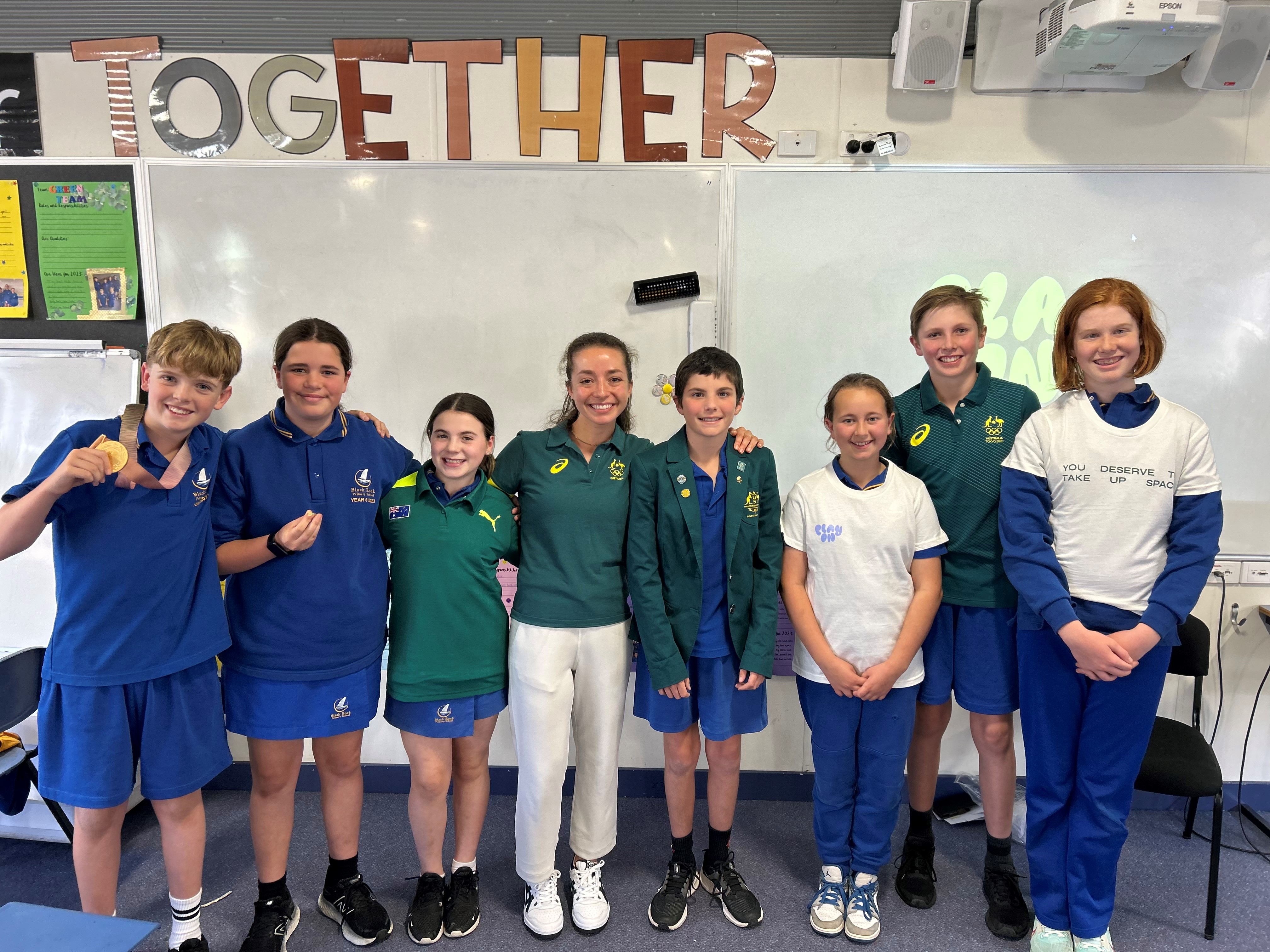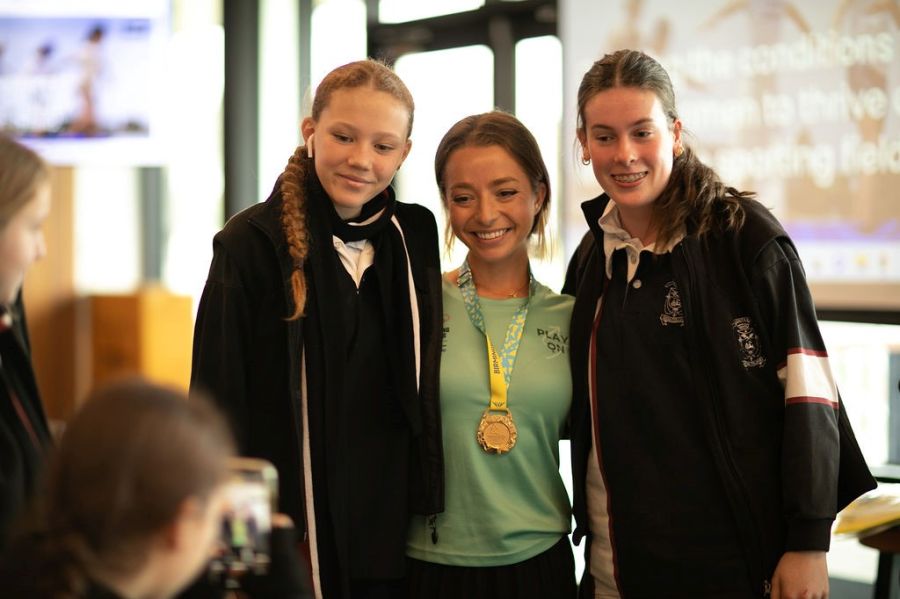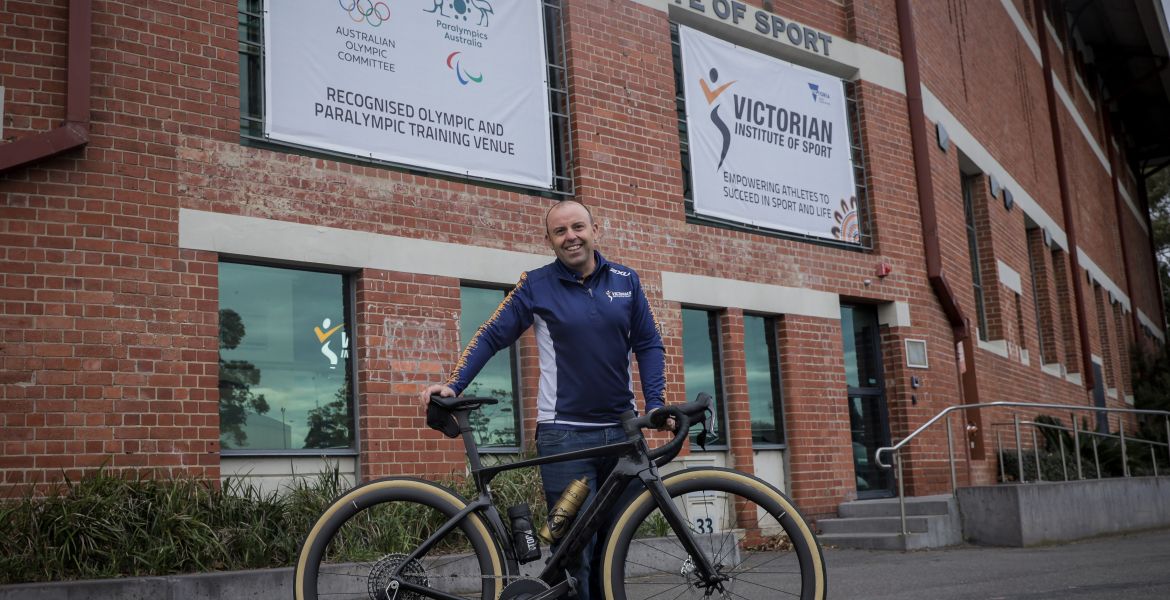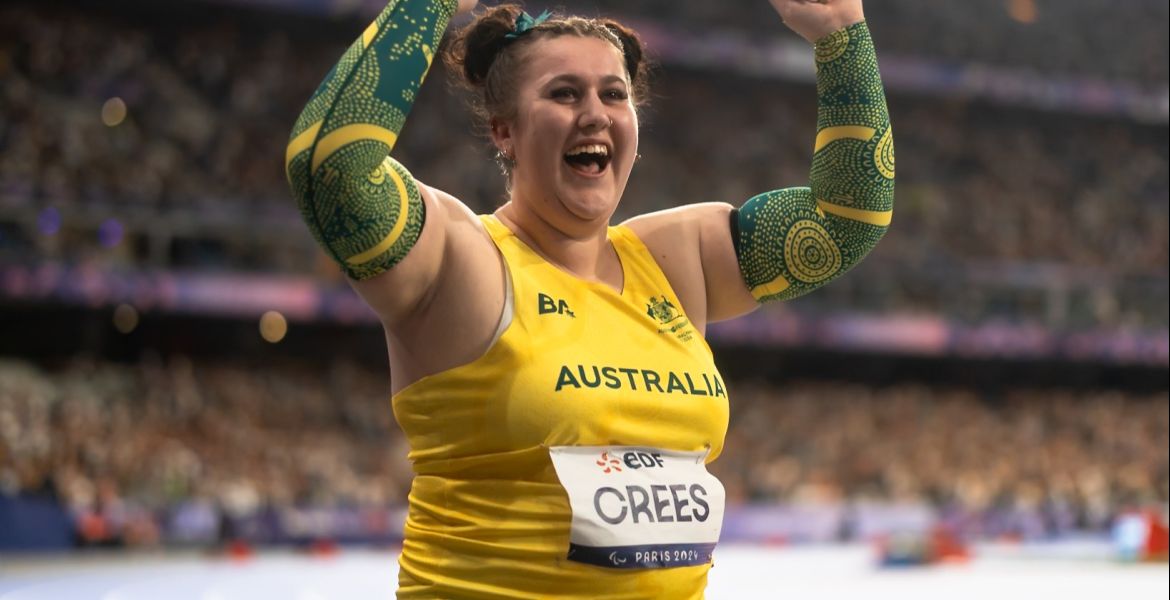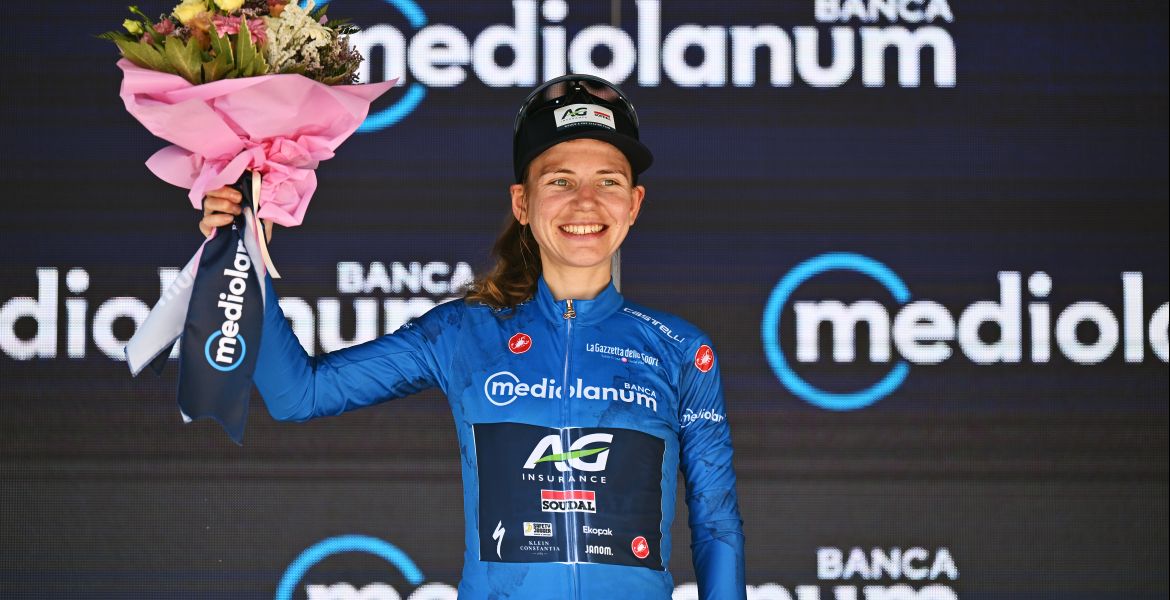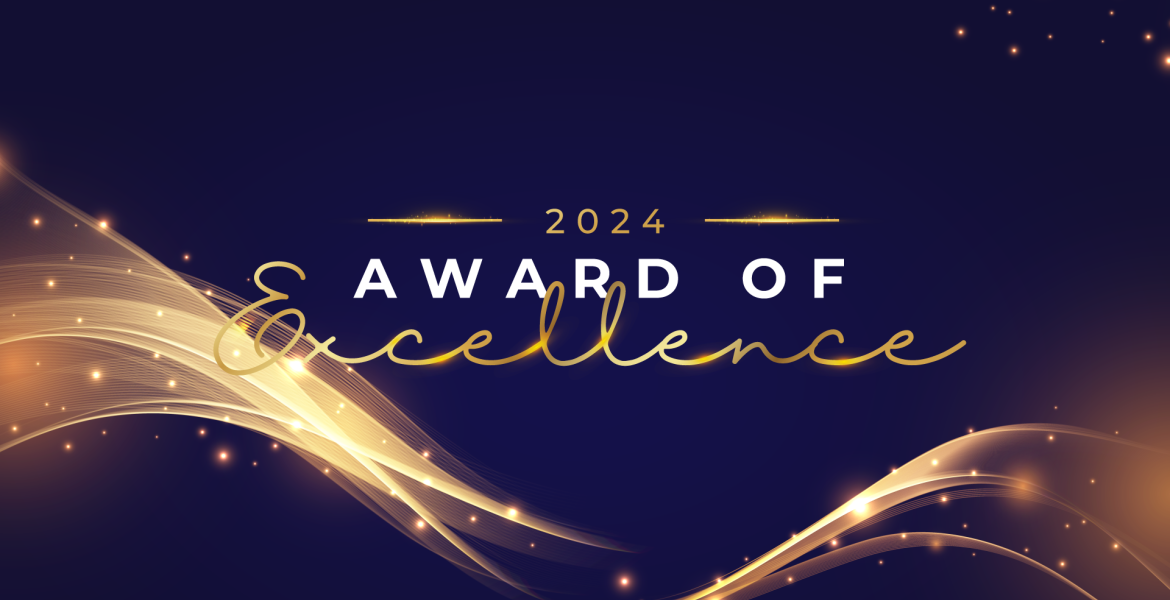Every year on March 8th, the world unites to celebrate International Women's Day (IWD).
It’s an annual reminder to celebrate women’s social, economic, cultural, sporting and political achievements.
At the same time, it’s a chance to reflect on the progress toward gender equality and equity and acknowledge the work that still needs to be done.
This theme of this year’s IWD is ‘Inspire Inclusion’, with the express intent of creating a 365-day-a-year legacy.
According to IWD: “When we inspire others to understand and value women's inclusion, we forge a better world.”
“And when women themselves are inspired to be included, there's a sense of belonging, relevance, and empowerment.”
At the Victorian Institute of Sport, we support many incredible female athletes whose stories of success, which often comes after overcoming difficult hurdles, leave others inspired and empowered.
Not least, Jemima Montag’s.
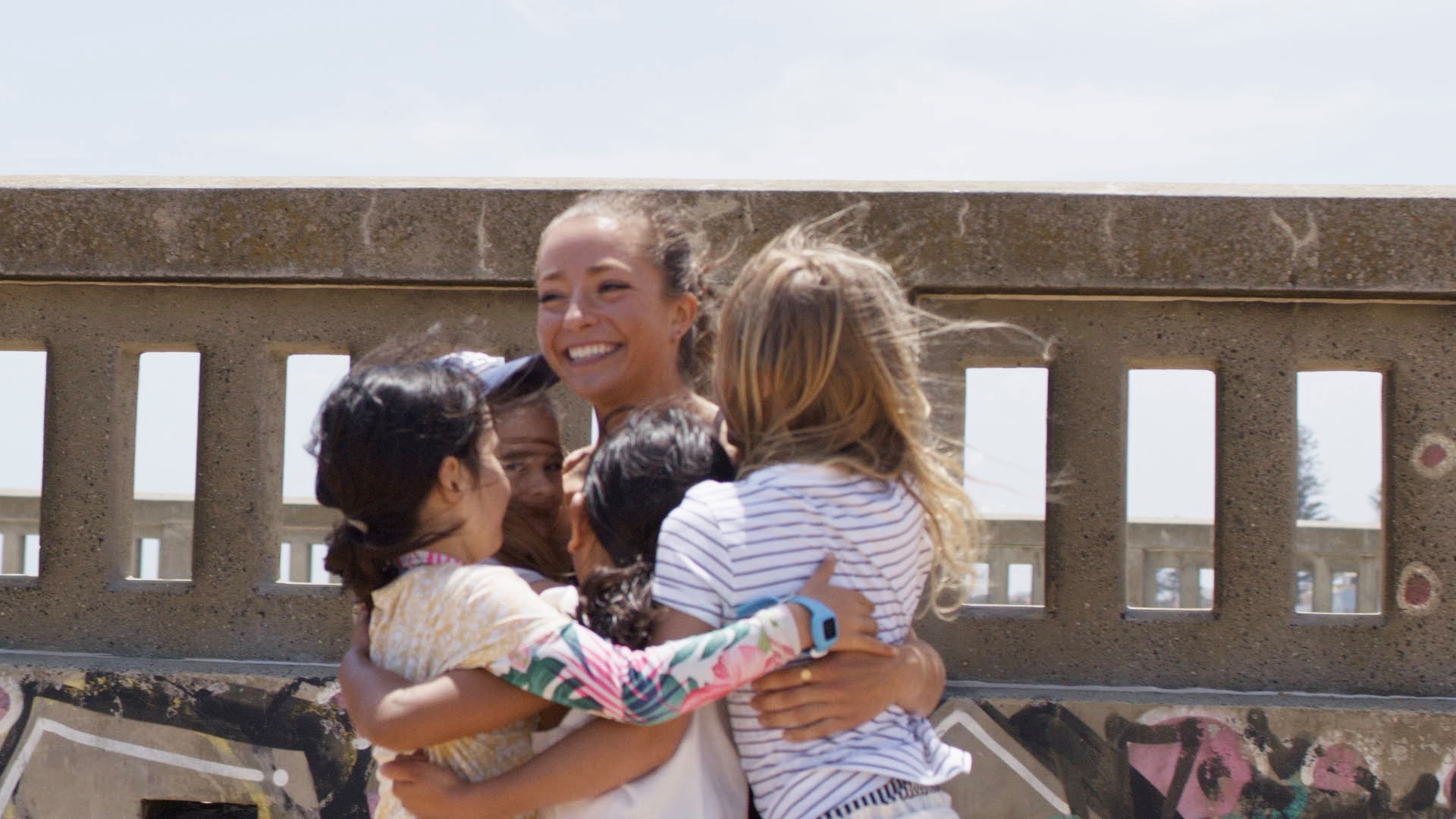
Aged 26, Montag is a Bachelor of Science (major in physiology), a medical student, the Australian national record-holder in the 20km race walk, an Olympian, a dual Commonwealth Games gold medallist and perhaps most importantly, a role model to young girls.
If all that wasn’t enough, she is also an IOC Young Leader, selected among a group of 25 athletes worldwide. She identified a decline in participation of young girls in sport and physical activity, which drove her to develop her program ‘Play On’ – focusing on how young females can overcome barriers to playing sport.
Her resume is enough to make the biggest overachiever feel like an idler!
Growing up, Montag somewhat stumbled into racewalking.
As an 8-year-old at Little Athletics, racewalking was “an event that no one took seriously,” she recalls, “it was like the ‘break’ between other events, where you’d stroll around the track and talk to a friend.”
Until one day. She was doing just that when her friend’s Dad yelled, “girls it’s not just a stroll, it’s a race!” Something clicked, and she found that her combination of endurance, hypermobility and fiery competitiveness were a formidable combination suited for racewalking.
She also credits her Holocaust survivor grandparents for her work ethic and resilience. “When a training session or race feels tough, the feeling of Nana’s bracelet around my wrist reminds me that stoicism and resilience are in my blood.”
The decision to focus on racewalking has paid off in spades.
In 2021, she realised her dream of becoming an Olympian, finishing sixth on the biggest stage at the Tokyo Games, she claimed a courageous silver at the 2023 World Athletics Championships in Budapest, and most recently broke her own national record at the Australian Championships in Adelaide.
She has franked her credentials as a red-hot medal contender at the Paris Olympics in July.
But her journey to this point hasn’t been completely smooth sailing as, at the age of 17, after going through puberty, the struggle began.
She became disillusioned with sport and found herself with no self-belief, no drive, none of the competitiveness she had as an 8-year-old - “I just didn’t think I had what it takes,” she said.
Around that challenging time, she decided to take an indefinite break from competing.
“The anatomical and physiological changes made training feel harder. Compounding this were the social pressures and body image commentary in sport, which made me feel like I just wanted to be a normal teenager - like elite sport would be a burden.”
On a fateful family holiday to Tokyo at the end of year 12, her sister suggested “this city is amazing! Why don’t you do us a favour, aim for the Tokyo 2020 Games and give us an excuse to come back here for more stationery and sushi?”
Her mum, Amanda, followed this up with “we know you’ve been struggling with self-belief, but we believe in you, and we will support you all the way if this is what you want to aim for.”
The support and belief of just a couple of family members was all it took to spark a flame. The idea of dedicating herself to the Olympic dream felt new and exciting, and Montag was all in.
Her time away from the sport, however, was not wasted.
Montag believes that her hiatus was fundamental in informing her later work with the IOC Young Leaders program and helping to define how she wanted to help young girls in her community.
This clarity enabled her to develop 'Play On', a program designed to equip adolescent girls with the knowledge and skills they need to stay engaged in physical activity at a time when a disproportionate number tend to give them up.
Once she had a grip on the specific barriers and why girls were dropping out of sport at twice the rate of young boys, she had to think about the solutions.
‘Play On’ sees Olympic and Paralympic female athletes visit schools across Victoria, presenting four key modules that research suggests are the keys to girls’ participation in physical activity. Those themes are; female athlete health, body image, nutrition, and inclusive environments.
There are now 7 VIS female athlete ‘Play On’ ambassadors who conduct these presentations through the ‘Be Fit. Be Well’ program: Paralympians Melissa Tapper (table tennis) and Zoë Veronas (equestrian), and Olympians Anabelle Smith (diving), Linden Hall and Brooke Buschkhuel (athletics), and Jemima. So far, the ‘Play On’ ambassadors have spoken to over 2,000 girls and have made a significant impact.
“I thought that your speech was really empowering and the biggest thing I learnt from it was that being a girl isn’t a disadvantage, that we should embrace it.” - Anon participant
“Our year 5 and 6 students and teachers left Jemima’s presentation feeling empowered, enthused and inspired thanks to her genuine passion for physical and mental health. Jemima told relatable stories about her journey as a female athlete, shared tips and tricks for managing nutrition and training, provided factual information about aspects of female health, and also gave advice on how our male students can support female participation in sport, all whilst welcoming questions, input and stories from our students throughout. The interactive nature of her visit really made it feel personal and promoted reflection and confidence for students and staff alike.” - year 5/6 coordinator
Undoubtedly, participating in sport at any level, is life changing.
“It’s so important for your health and wellbeing and I hope that with the platform I’ve been given by the IOC and as an elite Australian athlete, I can continue to build a program which leads to an empowered generation of confident young women.”
Montag has achieved so much in her life and is setting the perfect example for girls to follow in her fast-moving footsteps, and when speaking about her advocacy, she says “when I’m talking the talk, I also have to walk the walk”.
Which clearly, she does.
For more information:
- Follow Play On on IG: @girlsplayon
- Check out the Play On website.
- Request a Be Fit. Be Well Play On presentation via VIS Community Programs.
- Email Play On directly: playonpresentations@gmail.com
